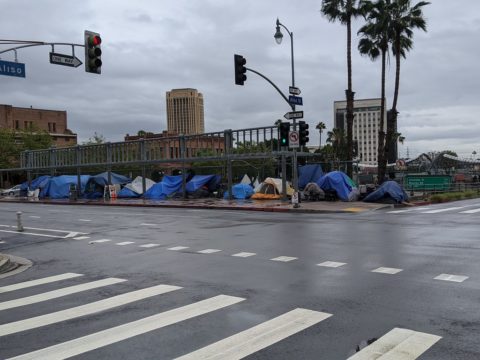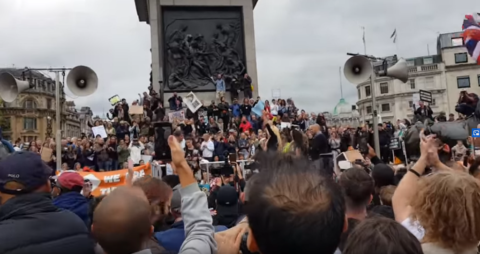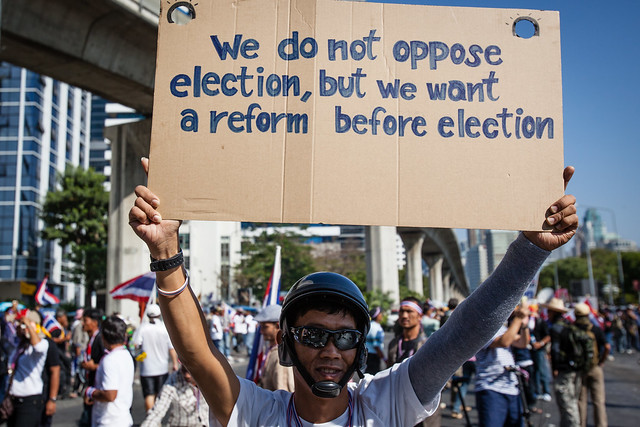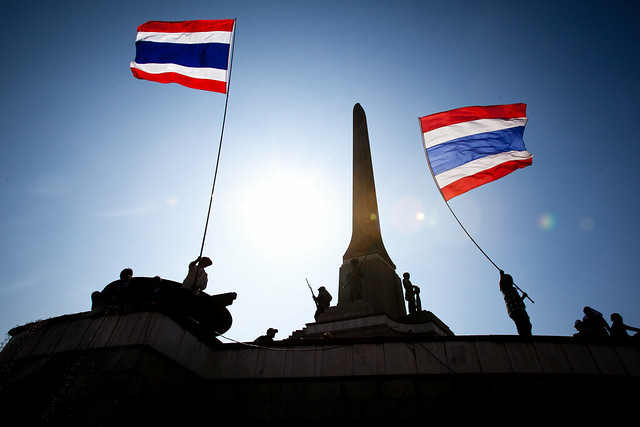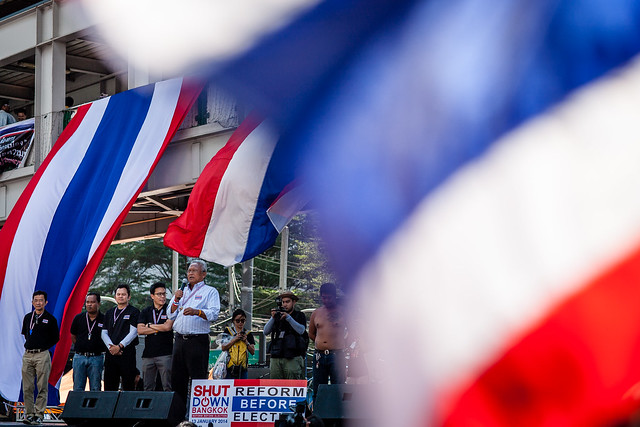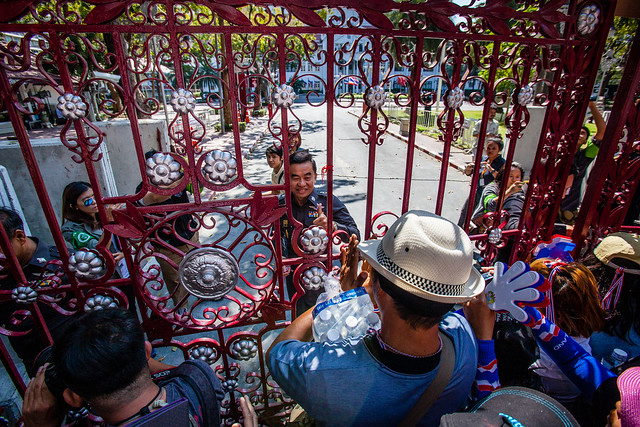Brendan O’Neill on the revelations from the release of British government officials’ informal chats on WhatsApp as the initial lockdowns were imposed:

“Covid 19 Masks” by baldeaglebluff is licensed under CC BY-SA 2.0
They were laughing at us. They didn’t only lock us down. They didn’t only suspend virtually every one of our civil liberties, including a right none of us ever expected to lose: the right to leave our own homes. They didn’t only spy on us with drones, and encourage us to snitch on that neighbour going for a sneaky second jog, and fine teenagers life-ruining sums of money for holding house parties. They also chuckled about it. It was funny to them. In one of the most startling WhatsApp chats revealed in the Daily Telegraph‘s Lockdown Files, a senior civil servant says the following about Brits returning from trips abroad who were forced to quarantine in a stuffy hotel room for 10 days: “Hilarious“.
It was Simon Case, the UK’s top mandarin. In February 2021 he had a breezy virtual chat with Matt Hancock, the then health secretary. A policy had just been introduced stipulating that any Briton returning from a “red list” country – which eventually included 50 states around the world, including India and vast swathes of Africa – would have to quarantine in a hotel at a cost of £1,750 per person, later rising to £2,285. A total of 200,000 British citizens and residents endured this painful, expensive quarantine. To Hancock and his civil-service pals it was all a big laugh. “I just want to see some of the faces of people coming out of first class and into a premier inn shoe box”, chortled Mr Case. He later asked Hancock: “Any idea how many people we locked up in hotels yesterday?” Locked up in hotels. Hancock replied that 149 people “are now in Quarantine Hotels due to their own free will!”. “Hilarious”, said Case.
Hilarious? Tell that to the people whose lives were ruined by this policy. The idea that it was just reckless rich folk jetting off to exotic destinations that were on the “red list” is ridiculous, as academic Aleksandra Jolkina has explained. Consider the NHS worker who travelled to Ethiopia to visit his dying uncle and look after his sick mother. While he was there Ethiopia was added to the “red list”, meaning he could not return to the UK; he couldn’t afford to. Or the Briton who travelled to Pakistan to visit his terminally ill father. He was forced to raid the family savings to pay the return quarantine fee. As a result, his “family’s ability to survive financially” was put “at risk”. Or think about the many Brits who did not go abroad, to one of those supposedly toxic countries, because they didn’t have the funds for that stay in a “premier inn shoe box”. People who, as Jolkina describes it, could not “visit their ill relatives or wish them a final farewell”. Hilarious, right?
The sinister cruelty of lockdown is laid bare in this grotesque vision of officials laughing over a policy that caused so much heartache and hardship among often low-earning Brits whose only crime is that their families live overseas. You couldn’t have asked for a better snapshot of the feudalistic authoritarianism that underpinned the ideology of lockdown. Civil servants working from their plush homes having a giggle about a policy that inflicted severe financial pain on the diverse working classes. A health secretary breaking his own guidelines to snog his mistress while sending snide WhatsApp messages about a policy that prevented poorer citizens from kissing the cheek of a dying relative. For me, this is the most important thing about the Lockdown Files – their revelation of just how morally cavalier and even inhuman the political elites can become when they are drunk on power, when they are liberated from democratic accountability to pursue whatever extreme policies they like.
The Telegraph‘s Lockdown Files are based on more than 100,000 WhatsApp messages sent and received by Matt Hancock in the pandemic years. Hancock gave the messages to Isabel Oakeshott when she was co-writing his book, Pandemic Diaries, and now Ms Oakeshott has given them to the Telegraph. They provide only a partial insight into the machinations of lockdown, of course. Hancock is not the centre of the universe, whatever he might think to the contrary. And he says some of the messages are being taken out of context. Perhaps. Nonetheless, the Lockdown Files represent our first serious reckoning with lockdown, our first glimpse at what was happening behind the scenes of this unprecedented exercise in social control. And it’s not a pretty picture.

